Wonderful presentation by Daniel Dennett on consciousness.
Category: neuroscience – Page 309
Alex Rosenberg | Intentionality, Evolution, and More
Alex Rosenberg is the R. Taylor Cole Professor of Philosophy at Duke University. His research focuses on the philosophy of biology and science more generally, mind, and economics.
/ friction.
/ discord.
/ frictionphilo.
00:00 — Introduction.
01:47 — Scientism.
05:16 — Naturalism.
08:08 — Methodological or substantive?
09:40 — Eliminativism about intentionality.
11:50 — Moorean shift.
13:28 — Arguments against eliminativism.
21:19 — Papineau on intentionality.
25:43 — Consciousness.
29:29 — Companions in guilt.
31:30 — Fodor and natural selection.
37:26 — No selection for?
38:16 — Properties.
39:21 — Selection for/against.
40:34 — Selection for long necks in giraffes.
42:26 — Speaking with the vulgar?
44:26 — Selection against as intensional.
47:12 — Function and selection for.
49:11 — Skepticism.
50:59 — Example.
52:06 — Mereological nihilism.
53:23 — Value of philosophy.
55:22 — Nihilism?
1:00:03 — Conclusion.
Music: PaulFromPayroll — High Rise
Roger Penrose’s Mind-Bending Theory of Reality
Nobel Laureate Sir Roger Penrose on his Orch OR theory of consciousness that could change what we know about time, the universe and reality, by incorporating the physics of consciousness. Explore mind blowing facts about our reality that show consciousness in quantum mechanics.
▶️ Read the article on Forbes.com https://rb.gy/s5uzf.
\
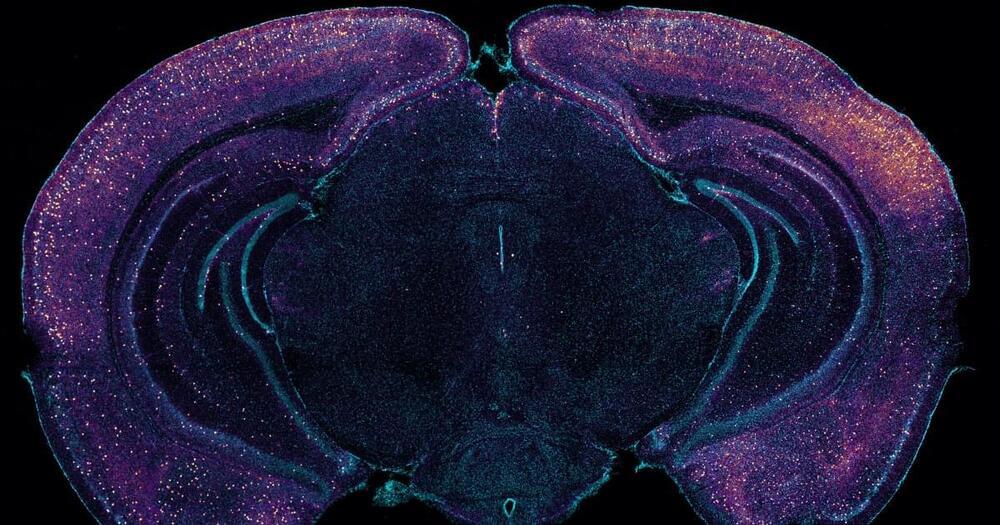
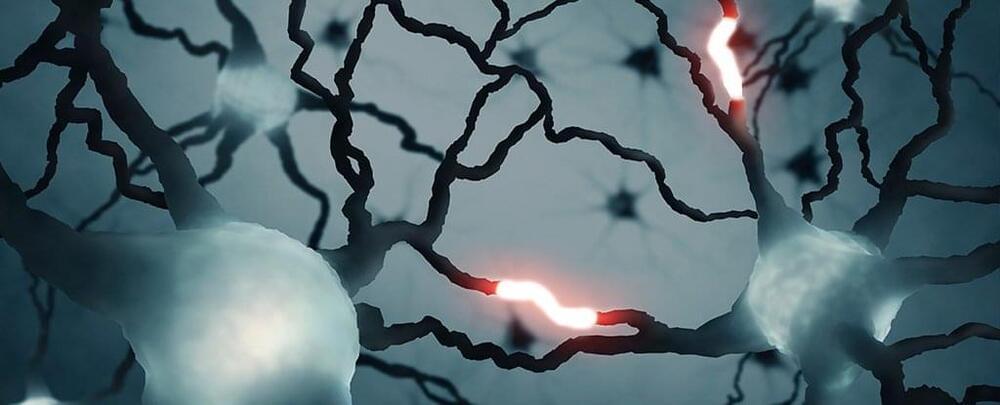
A First-of-Its-Kind Signal Was Detected in The Human Brain
Scientists have identified a unique form of cell messaging occurring in the human brain, revealing just how much we still have to learn about its mysterious inner workings.
Excitingly, the discovery hints that our brains might be even more powerful units of computation than we realized.
Back in 2020, researchers from institutes in Germany and Greece reported a mechanism in the brain’s outer cortical cells that produces a novel ‘graded’ signal all on its own, one that could provide individual neurons with another way to carry out their logical functions.

Multiple Sclerosis Diagnostics/Genetic Scoring Could Expedite Sight-Saving Treatment
The results of research led by scientists at the University of Exeter, and at King’s College London, suggests that young people could be spared from going blind by a new genetic risk tool that could also help predict patients who will progress to multiple sclerosis (MS) earlier, and get treatment started earlier. The study has shown for the first time that combining genetic risk for MS with demographic factors significantly improves MS risk prediction in people presenting with the eye disorder, which is called optic neuritis (ON).
Tasanee Braithwaite, MD, consultant ophthalmologist to the Medical Eye Unit at Guy’s and St Thomas NHS Foundation Trust, and adjunct senior lecturer at King’s College London said, “As a doctor caring for many patients with optic neuritis, I’m excited by the possibility of translating this pilot research into front line clinical care in the near future. Whilst more research is needed, our study provides a strong signal that we could better identify patients at high risk of MS, perhaps enabling these people to have earlier MS treatment in the future. Whereas, if we could better identify people whose optic neuritis is very unlikely to result from MS, we could treat these people urgently to reduce irreversible vision loss and blindness.”
Braithwaite is senior author of the team’s published paper in Nature Communications, titled “Applying a genetic risk score model to enhance prediction of future multiple sclerosis diagnosis at first presentation with optic neuritis,” in which they concluded, “This study indicates that a combined model might enhance individual MS risk stratification, paving the way for precision-based ON treatment and earlier MS disease-modifying therapy.”
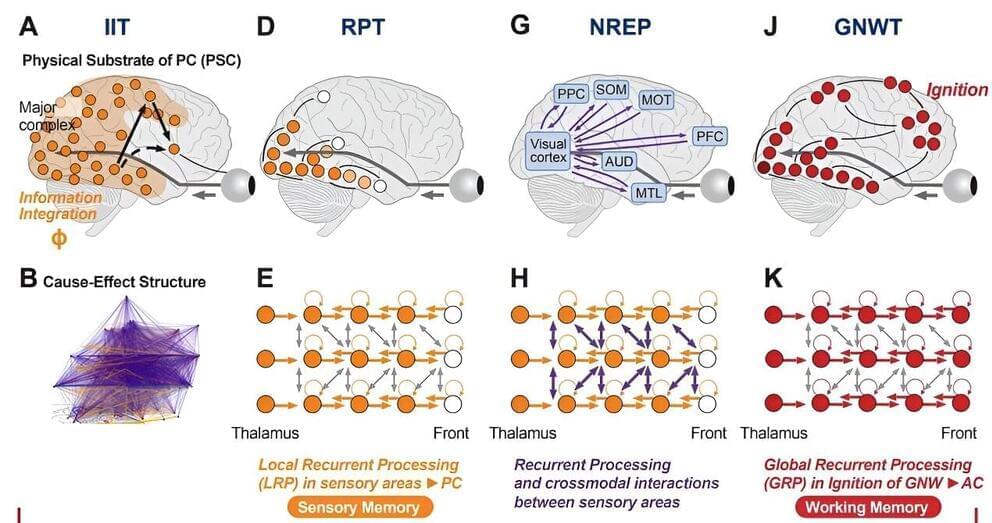
Conflicting theories of consciousness may fit together after all
Professor Emeritus Johan Frederik Storm has led research forming the basis of a article that aims to uncover an alternative approach to the understanding of how human consciousness functions. It is currently available on the PsyArXiv preprint server and in prepress in the journal Neuron.
“We suggest how different theories that appear to be conflicting can perhaps be combined after all and complement each other within the framework of a more comprehensive theory of consciousness,” explains Storm.
There are many differing schools of thought about consciousness in the field of brain research and Storm puts forward the factors that have probably led to a lot of apparent disagreement.
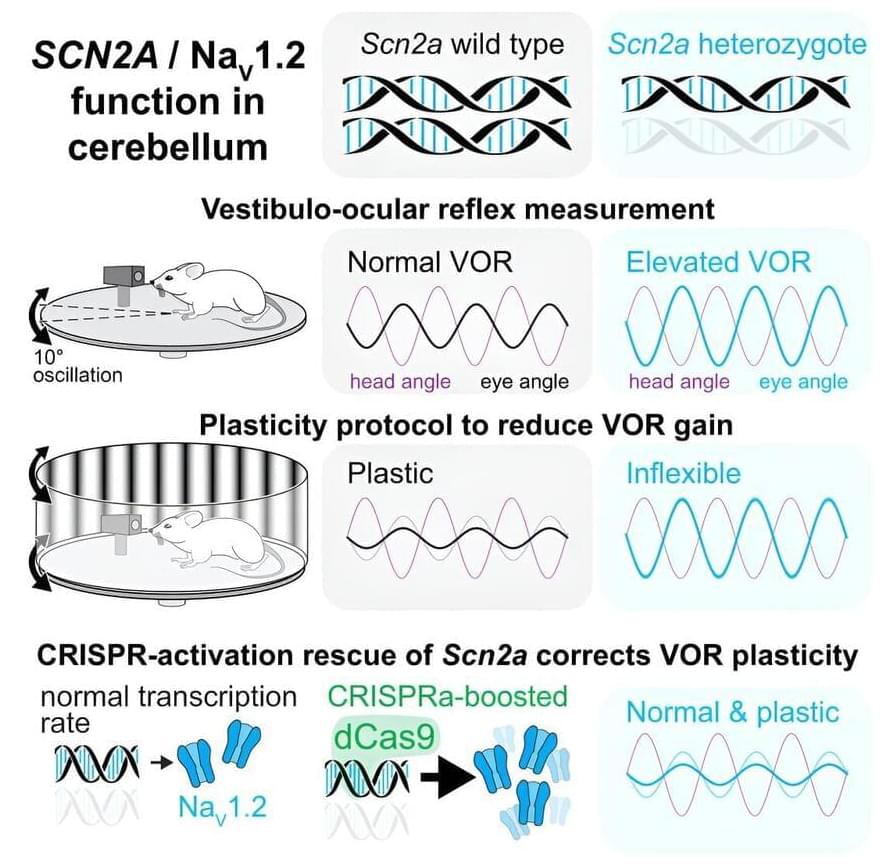
A simple eye reflex test may be able to assess autism in children
Scientists at UC San Francisco may have discovered a new way to test for autism by measuring how children’s eyes move when they turn their heads. They found that kids who carry a variant of a gene that is associated with severe autism are hypersensitive to this motion.
The gene, SCN2A, makes an ion channel that is found throughout the brain, including the region that coordinates movement, called the cerebellum. Ion channels allow electrical charges in and out of cells and are fundamental to how they function. Several variants of this gene are also associated with severe epilepsy and intellectual disability.
The researchers found that children with these variants have an unusual form of the reflex that stabilizes the gaze while the head is moving, called the vestibulo-ocular reflex (VOR). In children with autism, it seems to go overboard, and this can be measured with a simple eye-tracking device.
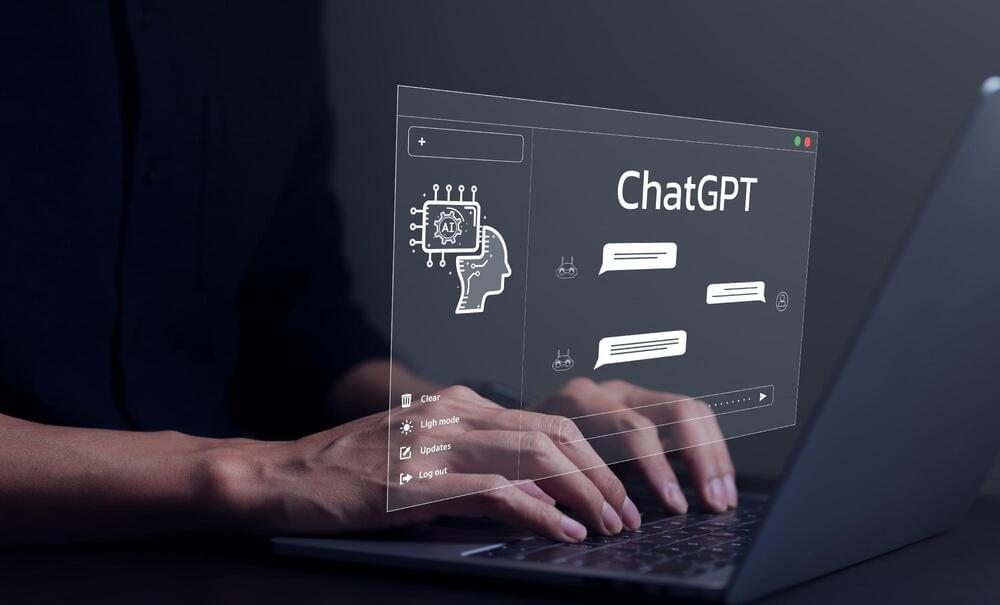
ChatGPT aids in discovering potential Alzheimer’s treatments through drug repurposing
https://www.news-medical.net/news/20240228/ChatGPT-aids-in-d…osing.aspx Nature
ChatGPT-4 to identify drug repurposing candidates against Alzheimer’s disease (AD).
The Bet on Consciousness
Philosopher David Chalmers and neuroscientist Christof Koch made a bet in 1998 on a breakthrough in consciousness research within 25 years. Now the bet is settled – thanks to the journalist Per Snaprud, neuroscience editor at the Swedish popular science magazine Forskning \& Framsteg. Here’s a conversation that was held between the three at New York university on June 24:th 2023.